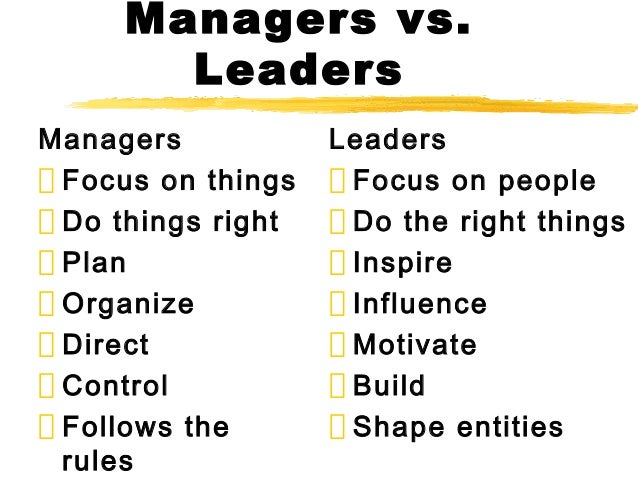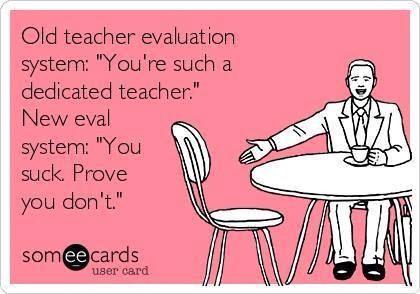I was recently in two separate situations where a decision I made about a change was questioned by a colleague. The first situation, the teacher asked me about the change, I explained the why behind the decision, and even though she didn't necessarily agree with the outcome, she shrugged her shoulders, thanked me for explaining and smiled prior to walking away.
In the second situation, I was approached by a teacher in a hall. He was angry and confrontational, and even though I typically have complete faith in providing the why behind decisions, it was clear that in this case he was not ready to hear that (hopefully, yet). My attempt at explanations did nothing, and he left the conversation nearly as angry as he came to it.
Two very different reactions to change.
There are times when new initiatives and change can be extremely difficult, especially when the decisions made feel top down and we have very little control in what's happening in a profession as personal as teaching.
But the one thing we do have complete control in is how we react to a change.
 We can dig our heels in, or we can make the decision to accept the change, and figure out a way that we can make it work positively for us. Maybe the change creates a situation where we need to be thinking creatively and innovative inside a box. The change might force us to think of new ways that we had done something for years and surprising ourselves by finding an activity or strategy that we wish we would have been doing all along. Maybe it's about revisiting whether the change was actually better for student learning, or if it was just more convenient for us. I admit change is hard for me because at my very soul, I could definitely be one of the teachers needing to be dragged along kicking and screaming for anything new. I need to work hard at accepting it and embracing it because it's not something that comes naturally to me. Similar to a past post about running (see I'm Not a Natural), it's not that I can't do it, it's that I need to work really hard to be successful. Knowing that I have the ability to choose the way that I react to a change is empowering. I think sometimes we assume that saying we don't like change means that we're being difficult or not exhibiting a growth mindset, but that's not true. We all have our personality quirks, and the problem only arises when you use the dislike of something new as an excuse for poor behavior or digging in your heels. When you take a deep breath, think to yourself, "I can take something positive from this" and move forward, that's when you know you've taken a huge step toward choosing a positive attitude.
We can dig our heels in, or we can make the decision to accept the change, and figure out a way that we can make it work positively for us. Maybe the change creates a situation where we need to be thinking creatively and innovative inside a box. The change might force us to think of new ways that we had done something for years and surprising ourselves by finding an activity or strategy that we wish we would have been doing all along. Maybe it's about revisiting whether the change was actually better for student learning, or if it was just more convenient for us. I admit change is hard for me because at my very soul, I could definitely be one of the teachers needing to be dragged along kicking and screaming for anything new. I need to work hard at accepting it and embracing it because it's not something that comes naturally to me. Similar to a past post about running (see I'm Not a Natural), it's not that I can't do it, it's that I need to work really hard to be successful. Knowing that I have the ability to choose the way that I react to a change is empowering. I think sometimes we assume that saying we don't like change means that we're being difficult or not exhibiting a growth mindset, but that's not true. We all have our personality quirks, and the problem only arises when you use the dislike of something new as an excuse for poor behavior or digging in your heels. When you take a deep breath, think to yourself, "I can take something positive from this" and move forward, that's when you know you've taken a huge step toward choosing a positive attitude.



